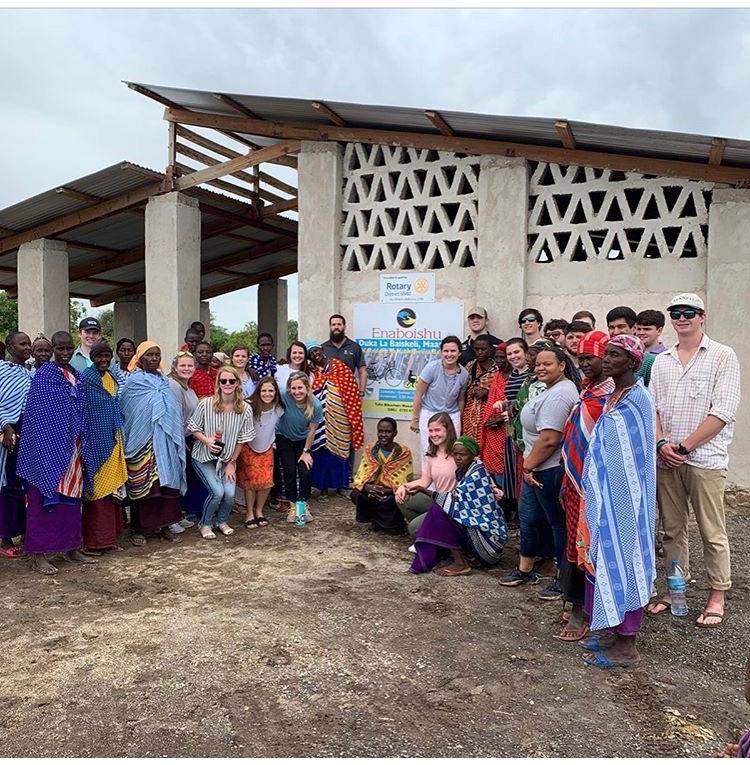By: Essence Buckman, senior writer
Wofford just celebrated 50 years of interim courses, and as Interim 2018 has ended, I would like to reminisce. Each time that registration for interim commences, students have the opportunity to choose a course that interests them. That course can deal with their major and career choice or the course can be something completely random. Either way, the student has the opportunity to take a course on something they believe enjoyable that they wouldn’t necessarily be able to take during a semester. Courses on wrestling, yoga, hiking and traveling sound intriguing, and are typical examples of interim classes available. With that being said, what about the interim courses that require reading?
The courses that require extensive reading don’t sound like the interim experiences that many students would want to have, as the work is something they are used to dealing with during a semester. Having to read or write papers in January does not sound appealing and many students would regard those classes as boring. I thought that way, until I took Let Freedom Read! with Dr. Kenneth Banks, professor in the history department.
This class required four readings of freedom narratives: “Narrative of the Life of Frederick Douglass, An American Slave” by Frederick Douglass; “Incidents in the Life of a Slave Girl” by Harriet Jacobs; “12 Years a Slave” by Solomon Northup; and “Uncle Tom’s Cabin” by Harriet Beecher Stowe. I know that sounds like a lot, and at times it was, but the dialogue each class period was worth it.
A few lectures were given on the history of the slave trade, racism and other related topics during the first two weeks. My classmates and I were assigned to read a certain number of pages or chapters by the next class period. We were given opportunities to read during the last hour or so of our class period, so we wouldn’t have to read as much outside of class. Each Friday, we watched a movie: “Night John,” “Birth of a Nation” (Nate Parker’s version), and “12 Years a Slave.”
The highlight, however, was that each day, three people had to create a question based off of the assigned reading from the day before. This subject matter of the institution of slavery and how its existence is still in effect today, interests me personally and academically. I knew that I would have much to contribute. My class had great discussions on the four books that we read, with thought given to such complicated topics. There were moments where ideas or beliefs would clash, causing tension in class. Personally, I found some of the conversations and narratives hard to stomach. Yet, I believe courses like these are beneficial to the growth of the African/African American studies program on campus. Courses like these are also vital to continuing conversations that many people would like to avoid.
I briefly explained my interim experience to show that some classes may appear unappealing but if you take a chance on them, you could enjoy them and learn something valuable. I wasn’t sure if I would enjoy my interim since it required reading, but my initial judgment was wrong. So, when you are choosing your course for the next interim and you believe that all of the “good” choices are gone, look again, and give some of the book-related classes a chance because it is possible that you could be making a choice that you will love.


































